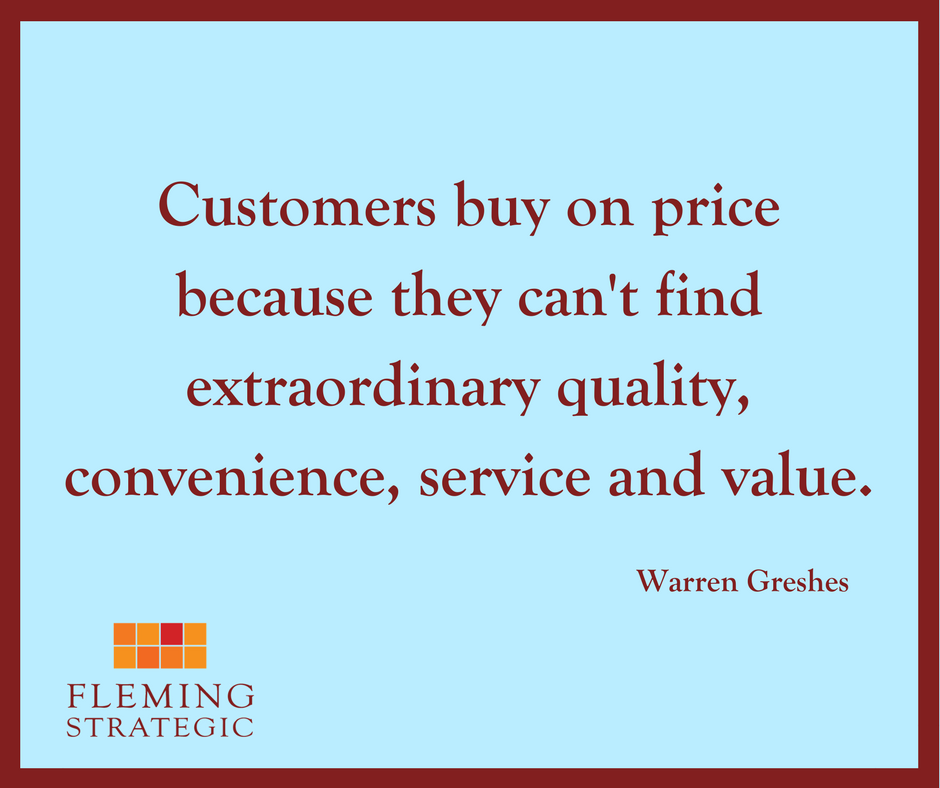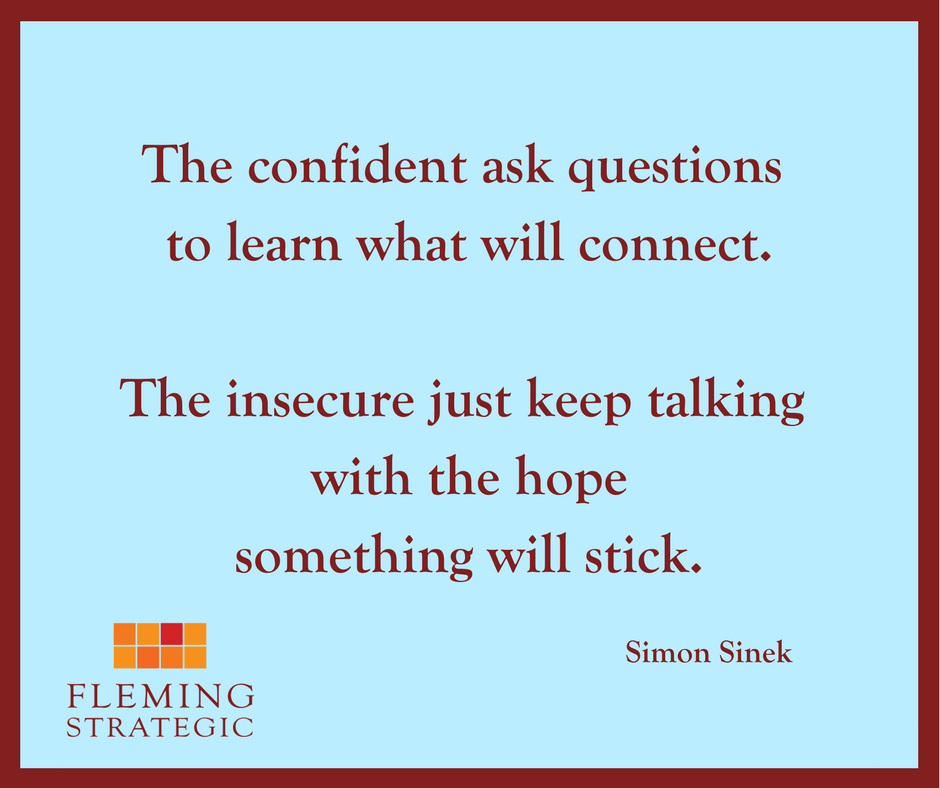Airlines have been in the news quite a bit lately, and not in a good light. As I was scanning Facebook recently, I ran across this article sharing a 2015 story about a Southwest flight that had pulled away from the gate when a passenger’s husband called the airline trying to let his wife know that their son had sustained a brain injury. The article goes on to detail the many kindness Southwest extended to the passenger.
Nice story. But how is it relevant to legal marketing?
The relevance lies in the comments to the Facebook post sharing the story. Over 1000 comments as I’m writing this article.
Comments to Facebook posts made by “news-ish” pages are generally the cesspool of the Internet. But the comments to this post are striking (and educational) because of the uniformly positive tone, with only a handful of dissenters. Two themes recur in the comments:
1. “I would know this story is about Southwest even if it hadn’t been named!”
2. “I love Southwest! Southwest is amazing!”
Let’s look at why each of these themes matters for you as you’re thinking about your firm.
First, “I would know this story is about Southwest” reflects Southwest’s strong branding. It tells us that Southwest has crafted itself in a way that’s instantly recognizable to the purchasing public.
There’s something about Southwest that sticks with customers. Maybe it’s the fun staff (videos of announcements on Southwest flights go viral on a surprisingly frequent basis), the kindness shown to passengers (which results from employees’ authority to do the right thing for their passengers), their no-upcharge prices (no extra fees for checked bags, no change fees, etc.), or their just-plain-niceness. There’s a quality about Southwest that makes it instantly recognizable.
Compare this to typical law firm branding. So many firm websites use the same concepts, even the same words: years of experience, highly educated, ranked, prestigious, innovative, client-focused. In fact, a common consultant exercise takes “About us” or practice group descriptions for several firms and asks the client to identify which one is from his or her firm; the client only rarely succeeds because all the samples sound so similar.
Law firms brands on the whole aren’t instantly recognizable. In fact, they’re so similar that distinguishing one from another is difficult.
The problem here is that it’s impossible to stand out from competitors if you should just like they do. Your branding must speak directly to your core client and create a strong impression. Southwest has clearly succeeded on this front. Do you? Does your firm?
Second, the hundreds of “I love Southwest!” comments show that people feel strongly about Southwest. They have a relationship with the brand. Many people who commented recounted their own stories about Southwest, whether stories of dramatic kindness or more ordinary positive experiences.
This is what delighted customers do: they share their stories. (It’s also what disgruntled customers do. We don’t want that.)
You may be thinking that it’s more challenging to delight a legal services client than an airline customer, and you’re right. Free snacks and humor in the delivery of the service won’t cut it for legal services clients.
What might delight your clients? Ask yourself what the biggest snags tend to be in a representation. The most common usually revolve around time: how long does it take a lawyer to respond to an email or telephone call, how much time does the attorney leave for a client to review work product before a deadline, how long do clients wait when they come for a meeting? Iron out those snags to remove friction, and share your resolution with your clients to create positive expectations.
Then ask what your clients value. If it’s time, can you offer a streamlined communication process or even a legal-adjacent service that would save time? If it’s money, can you create a client service package that provides certainty for your clients and profit for you? If it’s information, can you spot what your clients would like to know and create a system for making sure you convey that information?
Client delight is unique, and it won’t necessarily be feasible for you to delight every client. If you work with small business clients, for example, you might aim to delight your larger or high potential clients while providing excellent, friction-free service to clients who come for smaller, routine business formation matters.
Here’s the lesson to learn from Southwest: when your clients feel strongly about your (or your firm’s) brand and when they’re delighted with the service they receive, they’ll want to talk about you. And that’s the route to a strong practice built on referrals and a long-term clientele.


